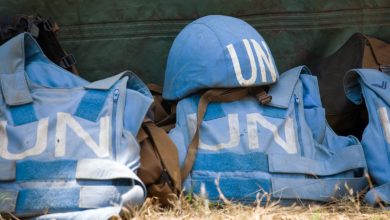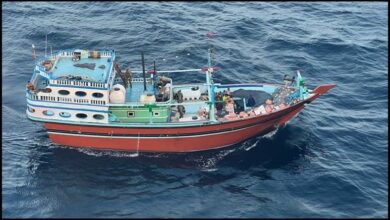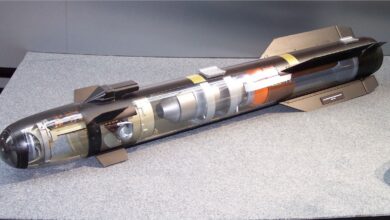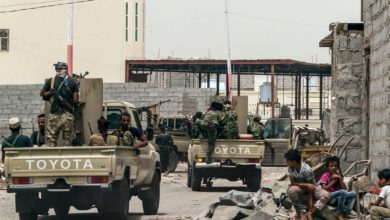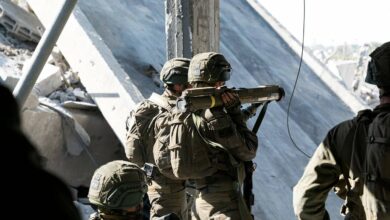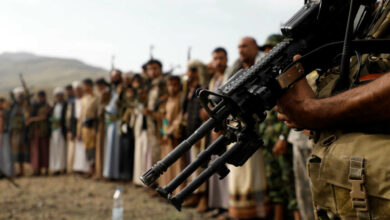Belgium’s Wallonia region halts arms sales to Saudi Arabia’s defense ministry
Small arms manufacturer FN Herstal and vehicle weapons specialist John Cockerill are based in the region
The Belgian region of Wallonia, home to the FN Herstal and CMI arms plants, said on Thursday, February 6 that it had halted weapons sales to Saudi Arabia’s defense ministry because of the war in Yemen.
Confirming a report in the newspaper L’Echo, Wallonia said Minister-President Elio di Rupo had “the Yemen drama” in mind when refusing an export license to the Royal Saudi Air Force.
In a letter seen by AFP, it added “the minister-president refuses all licenses for the Saudi Defense Ministry.”
Saudi Arabia’s Royal Guard and National Guard, which French-speaking Wallonia sees as less implicated in the Yemeni conflict, will continue to receive Belgian weapons and ammunition.
The Royal Guard protects the royal family and reports directly to the king, while the National Guard, the country’s domestic defense force, answers to its own ministry.
In Belgium, licenses for arms sales are issued by regional governments, and human rights groups have been lobbying Wallonia to halt shipments to the Saudis.
Saudi Arabia intervened in the almost five-year civil war in its southern neighbor to support the government side, but the conflict has claimed tens of thousands of civilian lives.
The kingdom is one of the world’s biggest arms purchasers, spending billions with the United States and the United Kingdom in particular. Riyadh depends less on Belgium arms, but is nevertheless Wallonia’s number one customer, accounting for €225 million ($247 million) in a €950 million industry in 2018.
FN Herstal, which makes rifles and machine guns, and John Cockerill (CMI), which specializes in gun turrets for armored vehicles, employ 4,400 Belgians between them. The regional government is FN Herstal’s sole shareholder.
Wallonia’s announcement came as a coalition of human rights groups denounced the imminent arrival in France of a cargo ship said to be picking up European weapons for the Saudis.
Finland, Denmark, the Netherlands, Norway and Germany ended their arms sales to Saudi Arabia in 2018 in response to the situation in Yemen and the murder of Khashoggi. Germany’s Bundestag extended its ban again late last year.
Spain initially said it would block a 2018 sale of laser-guided bombs to Saudi Arabia but reversed the decision amid concerns that the cancellation could jeopardize a €1.8 billion order of five Corvette warships.
The U.S., Canada, U.K. and France have continued to sell arms to Saudi Arabia despite calls from rights groups and efforts by members of their governments to halt the practice.
The United Nations has accused the U.S., U.K., France and Iran of complicity war crimes committed by parties receiving those countries’ support in Yemen’s civil war.
The U.N. has called Yemen’s war the world’s worst humanitarian crisis, with more than 3 million displaced and 24 million in need of aid.
With reporting from AFP.



